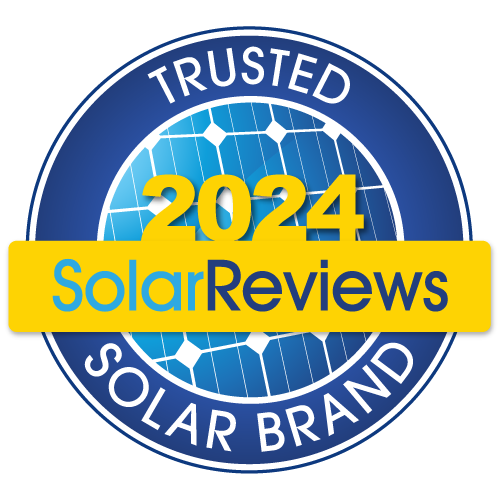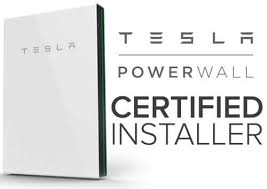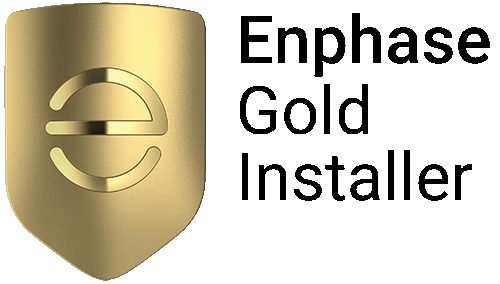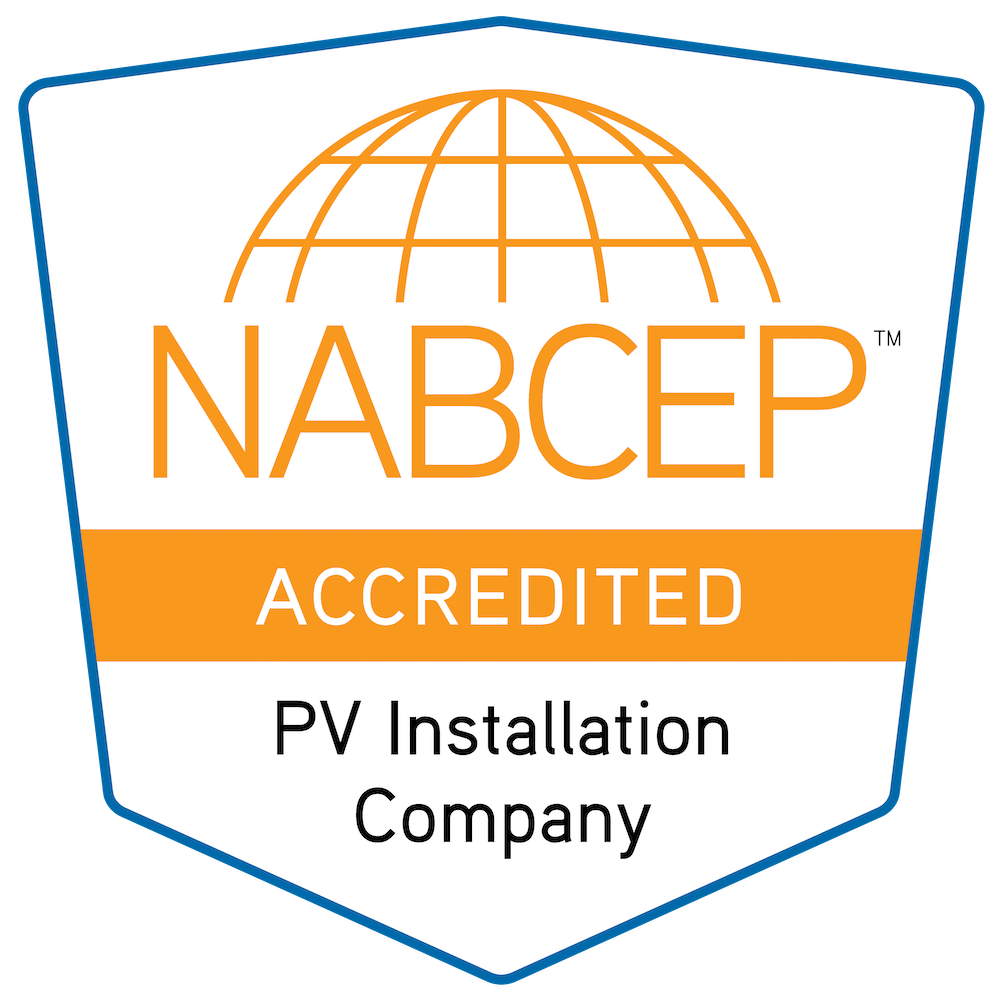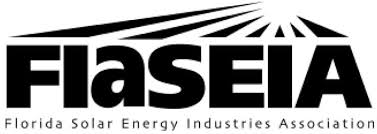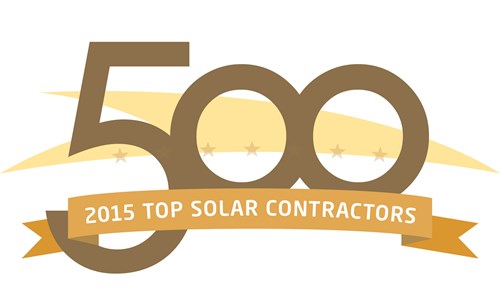A1A Solar provides insight on weather and solar panels
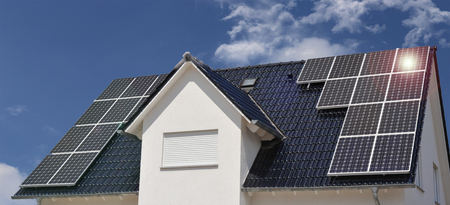
For Floridians, hurricane season is an inevitable part of each year that causes worry and panic. It’s important to make sure that your home is ready for a hurricane and that it can withstand the high-speed winds. If you have solar panels on your home and live in an area prone to hurricanes, you might wonder how the extreme weather will impact your solar panels. The good news is that solar panels hold up quite well during hurricanes.
Manufacturers build Florida’s solar panels strong with hurricanes in mind
Florida has strict wind codes in place to ensure manufacturers build solar panels to withstand hurricane winds. They must meet the requirements of the Florida Building Code, in effect since 2010. The code requires that the components and cladding of solar panels tolerate wind loads they may endure. Many areas in Florida call for installations to withstand 160 mph minimum winds. Solar companies install solar systems based on engineered drawings – and local building departments inspect them accordingly.
Solar companies must securely attach solar panels to a building with ample attachment points to resist wind uplift. They fasten them with a mounting system that anchors the roof sheathing with lag screws into the roof trusses, which reinforces the roof and makes it stronger. This makes Florida solar panels less susceptible to damage from blowing debris in a storm.
In some cases, solar panels and the roof below actually fare better than non-solar areas during and after a hurricane. And, the same basic risks of a hurricane exist with or without solar panels. For example, the whole roof could come off with the solar panels still attached, or your roof and solar panels are fine, while your neighbor experiences severe damage.
Florida’s 2017 hurricane season
After Hurricane Irma, there were no catastrophic or widespread reports of solar panel damage in Southwest Florida. The industry didn’t get away completely unscathed as there were a few reports of the wind plucking isolated panels from roofs. However, there were no leaking issues because the attachments didn’t pull out of roofs – the panels flex to give way and bow out from where they come out of their clamps.
Because most solar panel systems are microinverter-based, the systems worked effectively until power returned. There were also no reports of battery backup systems having issues. Overall, out of the tens of thousands of homes with solar panels, the hurricane affected an extremely low number.




